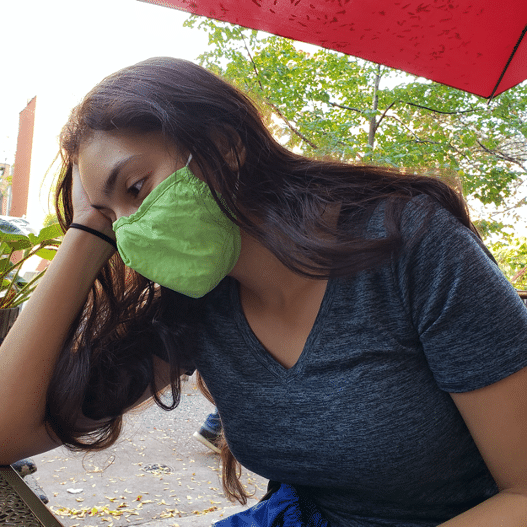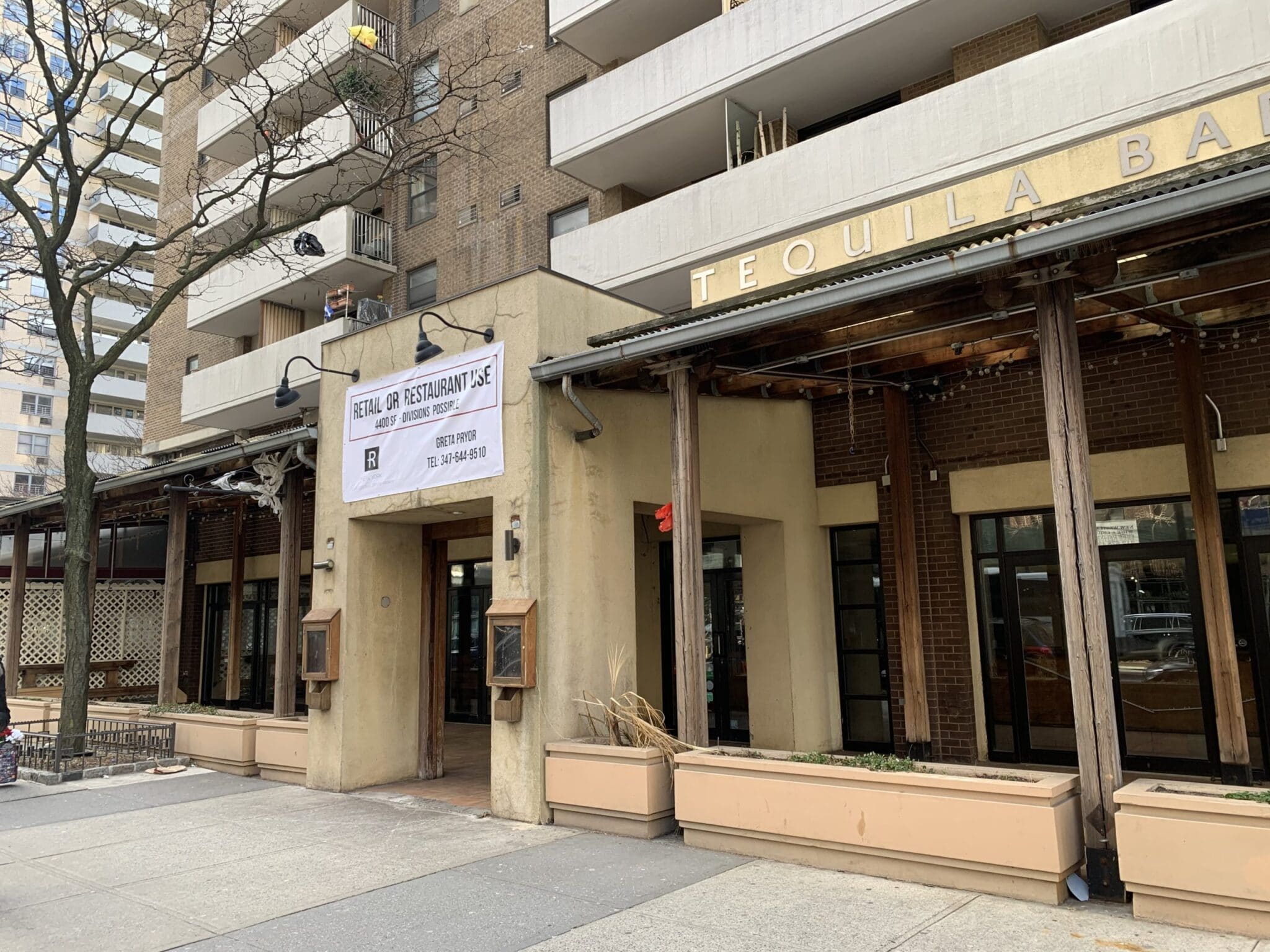A CDC study shows that up to 40% of adults struggle with a mental health or substance abuse disorder since the start of the pandemic. Melody Rivera (21), student at York College. Photo by Alysse Rodriguez.
Melody Rivera, who attends York College, remembers her first counseling session back in late January. She was nervous when she first entered the dimly lit room. But once she sat down and spoke to her counselor, it was like a weight lifted off of her shoulders. Rivera, 21, was excited to return for future sessions and make real progress in the months to come.
Little did she know that she would have to quit therapy just three months later when the COVID-19 pandemic hit in March. “My home environment makes it difficult to have a conversation with someone, especially when it comes to something that’s meant to be private. I didn’t want to step outside for my appointments either, out of fear that I could contract the virus. It just made it impossible to continue,” said Rivera, who lives in Bushwick. “It hurt me a lot in the beginning. I felt bad that I couldn’t participate in sessions anymore. I had to learn how to work through things that made me feel depressed and angry on my own. If I had more access to counseling during those beginning months, it would have been much more helpful.”
Rivera is one of many people whose mental health was affected by the pandemic. According to a journal article released by JAMA Network, the COVID-19 pandemic was accompanied by increased numbers of people diagnosed with substance abuse and mental health disorders. A study conducted by the CDC in June shows that up to 40% of adults struggled with a mental health or substance abuse disorder since the start of the pandemic.
Clemente Flores, a senior at the City College of New York, was in a great spot mentally when the pandemic first started. “I became more devout in my religion and spent more time with my family. We would cook for each other every Saturday, and it was really fun,” Flores recalled. He got into an accident recently that left him without a car, which introduced some complications into the picture. “I live on Long Island, so I need a car. It’s not convenient without one. I’ve been struggling with isolation from being stuck at home these past few months.”
Fortunately for Flores, he is able to do online therapy and psychiatry sessions from home, which he began in June. “I started to really need it because I had a bad depressive episode. It was the first time I felt so low. It was my breaking point. After that I forced myself to seek help,” Flores said. “Once I started going to therapy and seeing a psychiatrist, I felt a help that I hadn’t felt before. I had more avenues to communicate and express myself with people who could understand me.”
Cari Rodriguez-Mason, a psychotherapist who owns her own private practice in Clovis, California, has worked remotely with her clients since the beginning of the pandemic. “It’s been really busy,” she explained. “We’ve seen an increase in crises and suicides. There’s been an increase in depression and anxiety, especially in children and adolescents. Half of my referrals are for couples because their marriages are falling apart. It’s been challenging for families.”
While “telemedicine” can be successful for many, others do not benefit from remote therapy as much as they could. “Not every client is comfortable with it,” Rodriguez-Mason said. “Sometimes there are connection issues. Some people don’t trust that the calls are completely private. Others are scared to speak up because there may be people around them listening in or interrupting during calls.”
She recommends that people unable to participate in online therapy sessions seek out other resources for managing their mental health. “There’s a lot of support groups online,” the therapist said. “I encourage people to keep in touch with others on Zoom, pick up new hobbies, read positive books, watch movies, and exercise. It’s important to keep busy. Just taking a walk outside can make a big difference.”
Series: Coronavirus






